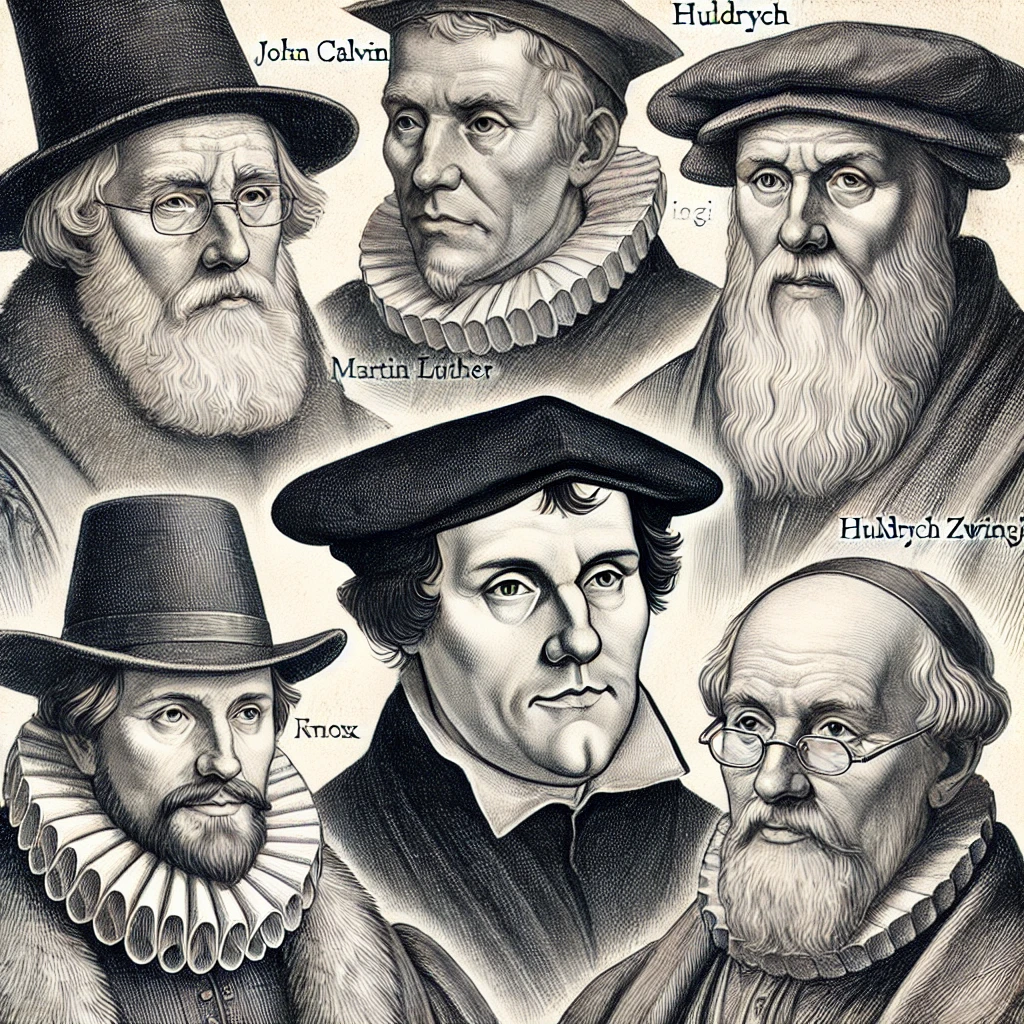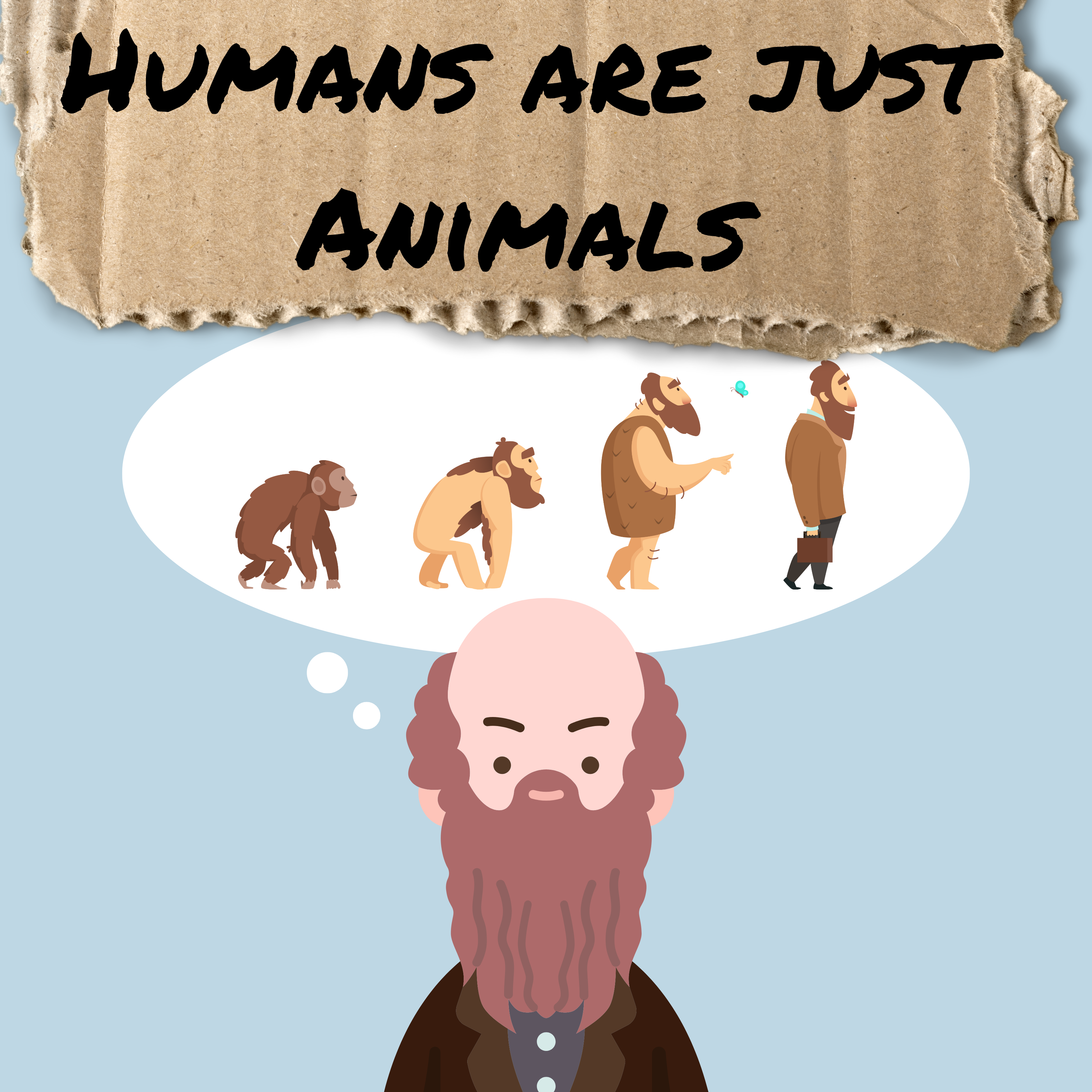
The story of Adam and Eve is not merely a narrative about the first humans; it is a theological cornerstone that introduces the concept of original sin, a doctrine central to Christian belief. This doctrine proposes that the sin committed by the first human beings had profound consequences for all of humanity, affecting every individual born thereafter.
The Genesis Account
The biblical account in Genesis chapters 2 and 3 describes the creation of the first man and woman, Adam and Eve, who lived in the Garden of Eden. God commanded them not to eat from the tree of the knowledge of good and evil, warning that eating its fruit would result in death. However, they were deceived by the serpent (often interpreted as Satan) into eating the fruit, an act of disobedience that constituted the first sin.
The Nature of Original Sin
The doctrine of original sin asserts that the fall of Adam and Eve introduced a moral corruption into human nature. It is described not as sinfulness but as a sin nature inherited by all descendants of Adam. Romans 5:12 states, “Wherefore, as by one man sin entered into the world, and death by sin; and so death passed upon all men, for that all have sinned.” This passage reflects the belief that sin and death spread to all people because of Adam’s transgression.
The Impact on Humanity
The consequences of original sin are pervasive and profound. Spiritual death, or separation from God, entered the human experience. The perfect harmony of creation was disrupted, and the innate inclination to do good was overshadowed by a propensity toward sin. This is not to say that humanity is utterly depraved, but rather that every aspect of the human condition is tainted by sin, making moral perfection and righteousness unattainable through human effort alone.
Original Sin and Redemption
The doctrine of original sin is not without hope; it sets the stage for the Christian message of redemption. Just as Adam’s act brought sin into the world, the sacrificial death and resurrection of Jesus Christ provide a means for salvation. As 1 Corinthians 15:22 explains, “For as in Adam all die, even so in Christ shall all be made alive.” The redemptive work of Christ offers forgiveness and the restoration of fellowship with God.
The Controversy and Interpretations
Original sin has been a topic of theological debate throughout Christian history. Some denominations emphasize its impact more than others, and interpretations of the Genesis account vary widely. Some see it as a literal historical event, while others interpret it allegorically, focusing on the story’s truths about human nature and God’s relationship with humanity.
Living with the Knowledge of Original Sin
The doctrine of original sin has practical implications for how Christians view themselves and the world. It underscores the need for humility, recognizing that no one is immune to sin’s influence. It also highlights the importance of grace and the necessity of divine assistance for moral and spiritual growth. This understanding drives the Christian commitment to live a life of repentance, faith, and continual reliance on God’s mercy.
Conclusion
The story of Adam and Eve and the doctrine of original sin serve as more than just a cautionary tale; they are foundational to understanding the human condition from a Christian perspective. They explain the presence of sin in the world and the universal need for redemption. This doctrine reminds believers of the magnitude of Christ’s sacrifice and the incredible grace that offers hope beyond the fall of humanity.






